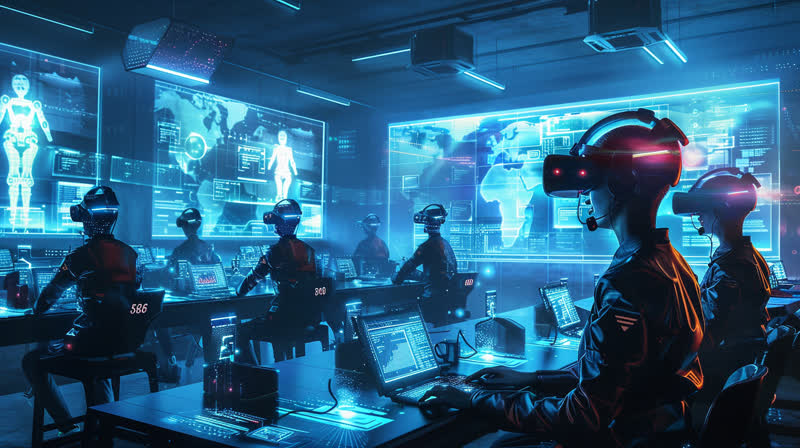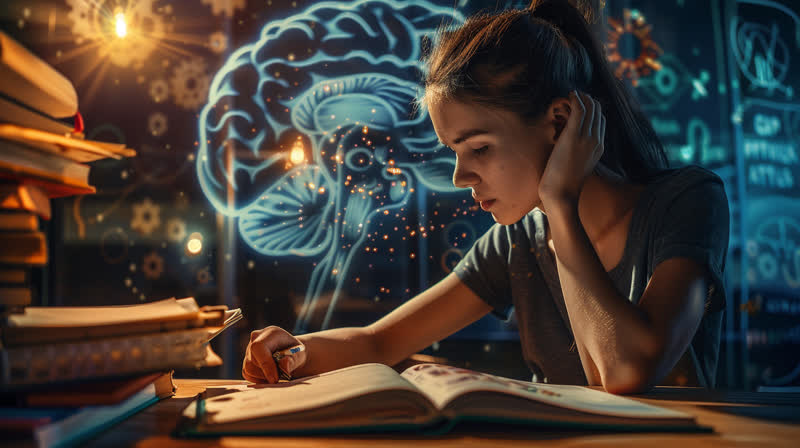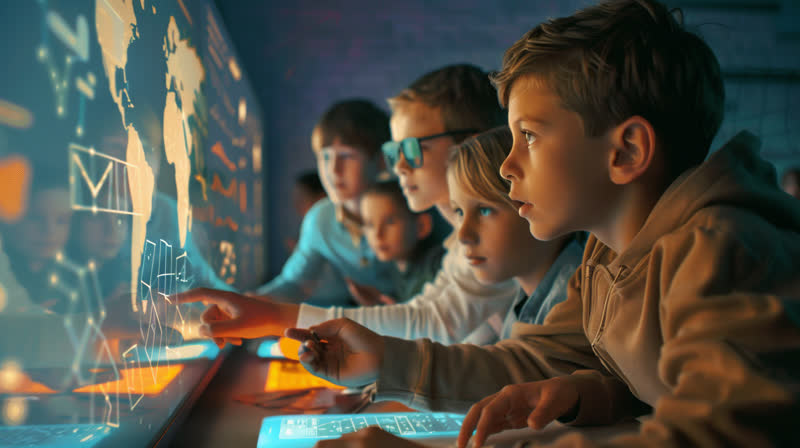As technology continues to advance at an unprecedented rate, the future of education is poised for a significant transformation. The integration of cutting-edge technologies like artificial intelligence, augmented reality, and virtual reality is set to revolutionize the way we learn and teach.
Making Education More Intelligent
In the future, education will become more intelligent, with AI-powered applications that can detect student struggles, provide personalized support, and enhance overall learning experiences. Imagine virtual avatars designed to help students overcome individual challenges, and advanced data analytics that enable educators to tailor their teaching methods to meet the unique needs of each student.
Enhancing Safety and Security
The future of education will also prioritize safety and security. New technologies will automatically detect and respond to virtual and physical threats, ensuring a secure environment for students, faculty, and staff. This includes advanced cybersecurity measures to protect sensitive data and prevent ransomware, malware, and phishing attacks.
Preparing Students for the Future of Work
Education will become more intertwined with the jobs of the future, focusing on flexible, relevant, and hands-on learning experiences. Students will have the opportunity to develop real-world problem-solving skills, analyze data, and resolve challenges, preparing them for the ever-evolving workforce.
The Rise of AR and VR
Augmented reality (AR) and virtual reality (VR) are poised to play a greater role in learning, enabling teachers to create immersive and interactive experiences that bring complex concepts to life. By 2025, the market for advanced technology in education is expected to reach $12.6 billion, up from $1.8 billion in 2018.
Mobile Apps and Guardian Involvement
Mobile apps will expand learning capabilities, providing fun and engaging ways to reinforce concepts learned in school. These apps will also facilitate greater connections between teachers and parents, enabling busy parents to stay involved in their child's education through virtual meetings and direct communication.
Classroom Environments of the Future
The traditional classroom layout will evolve to accommodate technology, with flexible and collaborative learning spaces that foster creativity, critical thinking, and entrepreneurship. Educators will prioritize experiential learning, leveraging massive amounts of data to support better learning outcomes.
Preparing Educators for the Future
To stay ahead of the curve, educators must participate in social media communities, engage in professional development, and stay informed about the latest developments in educational technology. This includes integrating new digital tools, attending online seminars, and reading about emerging trends in edtech.
Conclusion
The future of education technology holds immense promise, with the potential to transform the way we learn, teach, and interact. As we look to the horizon, it is essential that we prepare ourselves for this bright future, embracing the opportunities and challenges that come with it.







